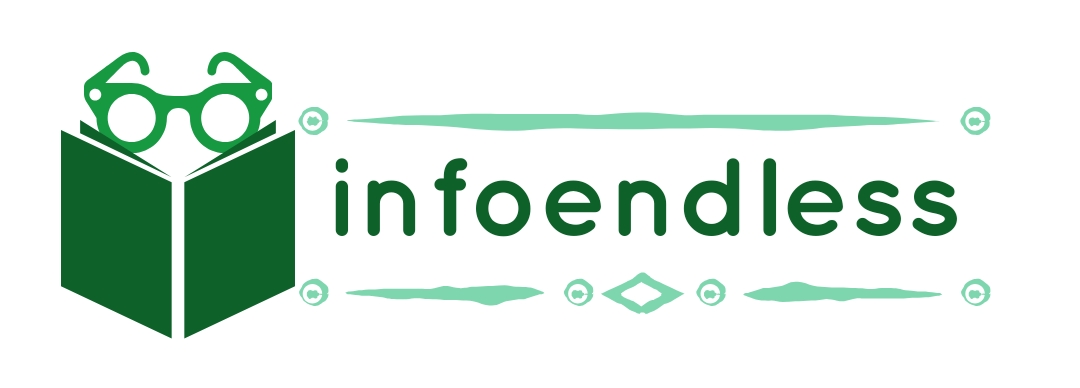Initial Public Offering:
- An initial public offering (IPO) is that the first time the stock of a private company is offered to the general public in the financial market.
- To start a business, corporates need capital. A private company collects capital privately, however, a public company makes an appeal to the general public to buy the shares of the company.
- IPOs are often issued by a new company to raised funds for business expansion, but they can also be done by large privately-owned companies looking to become publicly traded.
- In an IPO, the issuer obtains the help of an underwriting firm, which helps to determine what type of security to issue, the simplest offering price, the number of shares to be issued, and therefore time to bring it to market.
- The SEBI (Securities Exchange Board of India) has strict control over the initial public offer issue. It has laid down the rules and guidelines for the companies to issue shares in such a way that the company has to follow the guidelines.
Further Public Offer or Follow on Public Offer (FPO):- When a company issues shares to the public after an IPO, it is called a further or "Follow on" public offer.
- Thus, every issue of shares by a listed company after its IPO is called FPO. FPO leads to an increase in the subscribed capital of a company.
- If the same company comes out with another issue of shares to the general public, the second issue of shares called an FPO.
- For example, YES Bank was listed in the stock market but come out with an FPO of around 15,000 crore equity share in July 2020.
Retained Earnings :
Further Public Offer or Follow on Public Offer (FPO):
- When a company issues shares to the public after an IPO, it is called a further or "Follow on" public offer.
- Thus, every issue of shares by a listed company after its IPO is called FPO. FPO leads to an increase in the subscribed capital of a company.
- If the same company comes out with another issue of shares to the general public, the second issue of shares called an FPO.
- For example, YES Bank was listed in the stock market but come out with an FPO of around 15,000 crore equity share in July 2020.
Retained Earnings :
- In simple words, a company saves the part of net profit as a reserve, which is not distributed to shareholders as a dividend is retained by the company within the sort of ‘Reserve Fund’.
- The company converts its reserves into ‘bonus share capital’ and capitalize its profit. This capitalization of profit by the issue of bonus shares is known as ploughing back of profit or self-financing.
- It is an internal source of finance. Bonus shares are issued free of cost to the existing equity shareholders out of the retained earnings.
- The Management can convert retained earnings into permanent share capital by issuing bonus shares.
- It is an important source of raising long term capital. It is the simple and cheapest method of raising finance. It is used by established companies.
- Business organizations are subject to variation in earnings. It would be a wise decision to keep aside a part of earning during a period of high profit.
- A part of the profit is retained by the company in the form of a reserve fund. These reserves are the retained earnings of the company.
- The aggregation of retained earnings gets accumulated over the years. These accumulated profits are reinvested in the business rather than distributed as dividends.
- ''The process of accumulating corporate profits and their utilization in business is called retained earnings.''
American Depository Receipt (ADR) and Global Depository Receipt (GDR)
- In India, the shares of a public company are listed and traded on various stock exchanges like the Bombay Stock Exchange (BSE) and National Stock Exchange (NSE).
- Due to globalization and With the adoption of free economic policy some of the Indian company's shares also are listed and traded on foreign stock exchanges like the New York Stock Exchange (NYSE) or the National Association of Securities Dealer Automated Quotation (NASDAQ).
- To list shares on these stock exchanges, the company has to comply with the policies of those stock exchanges. The policies of these stock exchanges are different than the policies of the Indian Stock Exchanges.
- Therefore, those Indian companies which can not list their shares directly on foreign stock exchanges, get listed indirectly using ADR and GDR.
- ADR and GDR are Dollar/Euro denominated instruments traded in the USA and European Stock Exchanges.
- Indian Company issues shares to an intermediary called ‘Depository’. Bank of New York, Citigroup, etc. act as foreign Depository Bank. This Depository bank issues ADR and GDR to investors against these shares.
- The ADR / GDR represents a fixed number of shares. These ADR / GDR are then sold to people in a foreign country. The ADR / GDR are traded like regular shares. They are listed on stock exchanges. The prices fluctuate depending on demand and supply.
- Both ADR and GDR are depository receipts, but the only difference is the location where they are traded.
American Depository Receipt (ADR)
- Depository Receipt is traded within the USA, It's called American Depository Receipts (ADR)
- American Depository Receipt (ADR), could be a negotiable instrument, issued by a US depositary bank, that represents securities of a foreign company trading within the U.S financial markets.
- NRI that is Non-Resident Indians and Foreign nationals can invest their money in India by purchasing ADR and GDR. They can buy ADR or GDR using their regular equity trading Account.
- The negotiable instrument could be a stock, index, bond, currency, or commodity, etc.
- ADR’s are offered purchasable to American investors. By way of ADR, US investors can invest in non-US companies. ADRs are easily transferable, with none taxation.
- The company pays dividends in the home currency to the depository bank and the depository bank converts them into the currency of the investor and pays dividends.
Global Depository Receipt (GDR)
- Depository Receipt is traded in a country other than the USA is called Global Depository Receipts (GDR).
- NRI that is Non-Resident Indians and Foreign nationals can invest their money in India by purchasing ADR and GDR. They can buy ADR or GDR using their regular equity trading Account.
- The company pays dividends in the home currency to the depository bank and the depository bank converts them into the currency of the investor and pays dividends.
- London stock exchange.
- Luxembourg Stock exchange.
- NASDAQ Dubai.
- Singapore Stock exchange.
- Hongkong Stock exchange.
Rights Issue:
- When a company wants to raise further capital for its business operation, the company can issue shares to its present Equity shareholders in proportion to their present shareholding.
- The right issues of shares are issued by the company either at face value or for a premium to the present shareholders.
- Whenever a company makes the further issue of shares, the prevailing Equity shareholders have ‘preemptive rights’ to subscribe or buy additional shares of new shares offered by the company.
- A company can make a Rights Issue when it is making a non-public.




2 Comments
Hey there,
ReplyDeleteNice blog
check out our blogs
Difference between gross income & net income
Nice Article. Thank you for sharing the informative article with us.
ReplyDeleteThis post is helpful to many people. stockinvestor.in is a stock related website which provides all stocks related information like new stocks and shares available in the stock market.
kotak mahindra asset management
kpit technologies